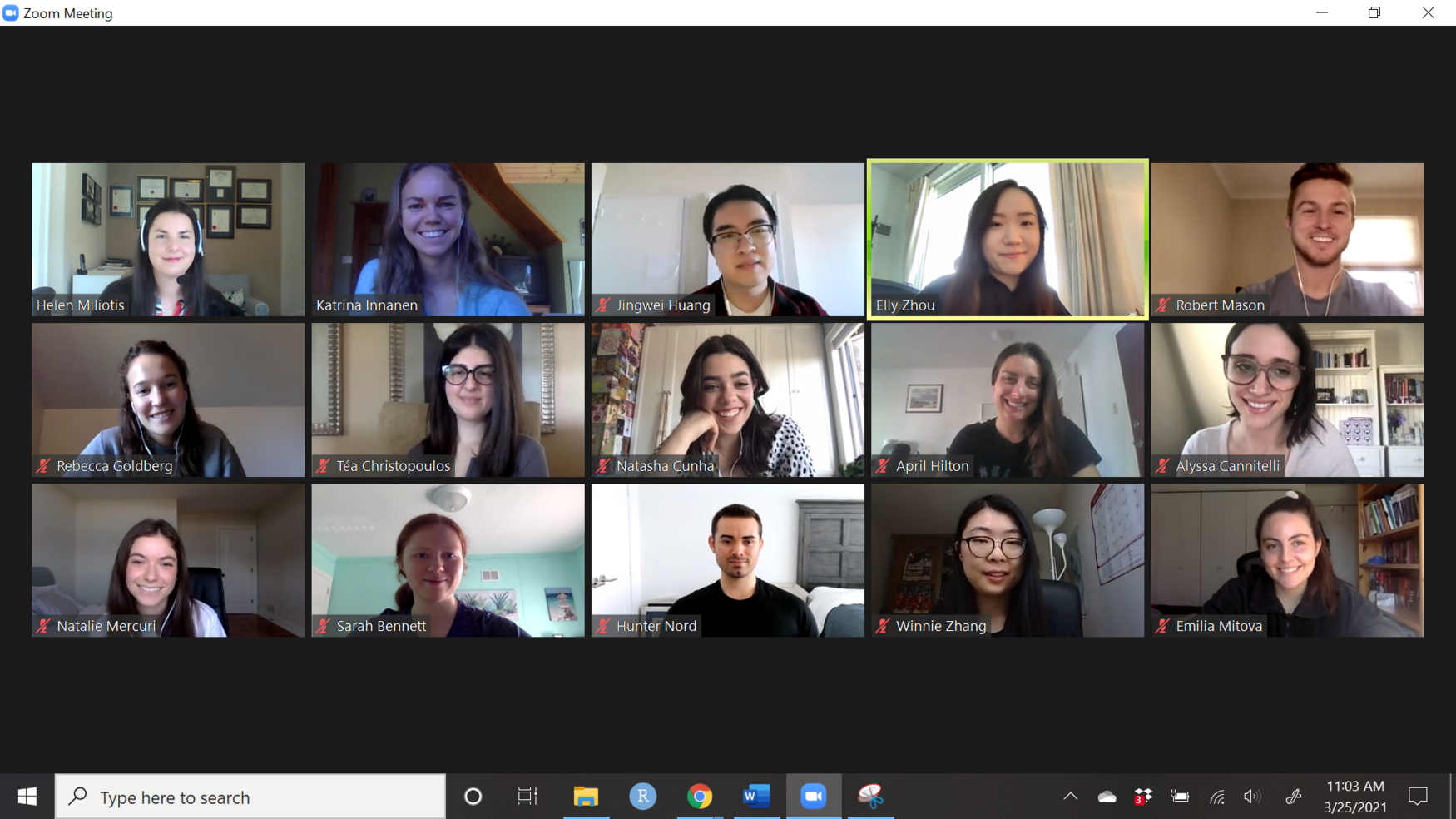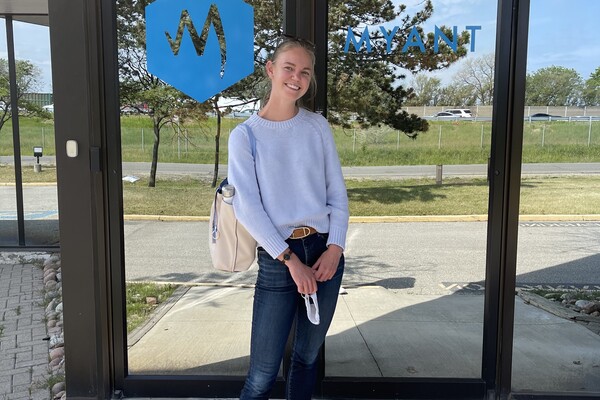Main Second Level Navigation
Nov 1, 2021
MHSc in Medical Physiology Off to a Remarkable Start
Congrats to the first cohort of the Department's MHSc in Medical Physiology program who graduate November 18th. Our students are now thriving in industry positions, professional, and PhD programs, and are publishing in major journals. Read on for more!

MHSc in Medical Physiology Class of 2021

